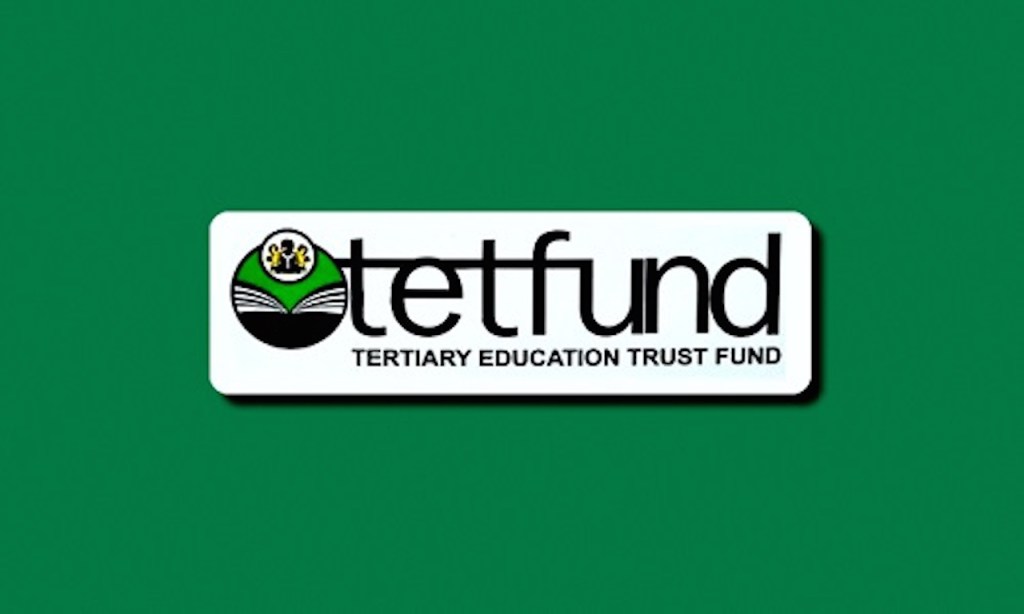
For the past two weeks, all eyes have been focused on the Tertiary Education Trust Fund, a public agency saddled with the task of providing remedial therapy for Nigeria’s troubled tertiary education landscape. Shortly after President Muhammadu Buhari controversially sacked Abdullahi Baffa, the Executive Secretary of the fund, and reinstated Suleiman Bogoro, the previous ES, who was initially fired on allegations of fraud, all hell has broken loose. For an interventionist agency warehousing humongous funds, the new developments are distasteful.
The dismissal of Baffa has generated outrage in several quarters. Just after Buhari fired him, Baffa went public with stunning allegations against the Minister of Education, Adamu Adamu. Among other damning claims, he alleged that the minister got him the sack because he did not do his bidding to divert 10 per cent of TETFund resources to him. He tasked the government to investigate his tenure, adding: “The fact is that since I started this job, I have never demanded a single kobo from any university. If any university shows proof of collecting kickback from it, let death sentence be passed on me.” This is a bold assertion, and the ball is in Buhari’s court to institute a probe into TETFund.
TETFund has been swimming in the murky waters. In 2016, Buhari fired Bogoro, alleging that he misappropriated N200 billion. In his stead, he appointed Baffa. This is a weighty allegation, but government cleared Bogoro without publicly stating what transpired and carrying all stakeholders along. This opaque manner of conducting government business is contemptuous.
TETFund has a critical role to play in the education sector. But with the manner it is being run, attaining its ideals might just be a mirage. Ominously, this rigmarole coincides with a strike by the Academic Staff Union of Universities. ASUU has been on strike since November over the decrepit state of the universities and its members’ allowances. The union is demanding that the Federal Government fulfil the N1.3 trillion agreement it signed in 2009 by releasing N200 billion per session to revitalise the universities.
TETFund was established in 1993 with the mandate to defray some of the shortcomings in the universities. Known then as the Education Tax Fund, it has undergone name metamorphoses at different times, though the focus has remained the same: to impose, manage, disburse and monitor approved projects and schemes.
Statutorily, it generates its income from the two per cent of the assessable profits of all companies in Nigeria. In 2017, it generated N154.9 billion and N200 billion in 2018. Its 2019 budget, waiting for parliamentary approval, is N161 billion, from which each university is entitled to N785 million; polytechnic N536 million and Colleges of Education N510 million each. This is a huge outlay that should be properly administered.
According to Baffa, TETFund disbursed N69.1 billion to 188 tertiary public institutions in 2017 for various infrastructure projects, research and scholarships for higher degrees. The beneficiaries were federal and state government-owned 73 public universities, 50 polytechnics and 65 colleges of education. It disbursed N133.8 billion in 2018, the year in which it commenced 226 new projects.
As pragmatic as this is, there are some gutting drawbacks. One, on several occasions, TETFund has discovered that funds allocated to lecturers for research, stocking of books in libraries and scholarships were diverted to other extraneous purposes. Infrastructure projects were unreasonably inflated. Altogether, TETFund needs to be reformed.
Two, because of the recklessness of the federal and state governments to outdo one another in establishing mushroom tertiary institutions, the impact of the fund is being watered down. For 2018, the board approved 16 new tertiary institutions, including the Nigerian Army University, Biu; Air Force Institute of Technology, Kaduna; Binyaminu Usman Polytechnic, Hadejia; CoE, Billiri; CoE Kangere; CoE, Lanlate; Federal Polytechnic, Ukana; and Gateway Polytechnic, Sapaade, to benefit from TETFund. At this rate, things will soon go out of control and the impact will be eroded completely. To ensure its effectiveness, there should be a cut-off, a moratorium placed on new beneficiaries.
As with everything concerning the Buhari administration, the Presidency has maintained an undignified silence. This is wrong. To sustain the confidence of the private sector, the President should get to the root of Baffa’s accusations against the education minister. He should establish an independent probe panel to investigate the activities of TETFund, removing the cloud of distrust by so doing. TETFund should not be like some of the galling cases that have dogged this administration, including those of Abdulrasheed Maina at the Presidential Pension Reform Task Force and Usman Yussuf at the National Health Insurance Scheme.
Henceforth, the private sector should take a renewed interest in the agency, while the TETFund Act 2011 should be amended to give the private sector more latitude in determining the top appointments, especially that of the ES.
END

Be the first to comment